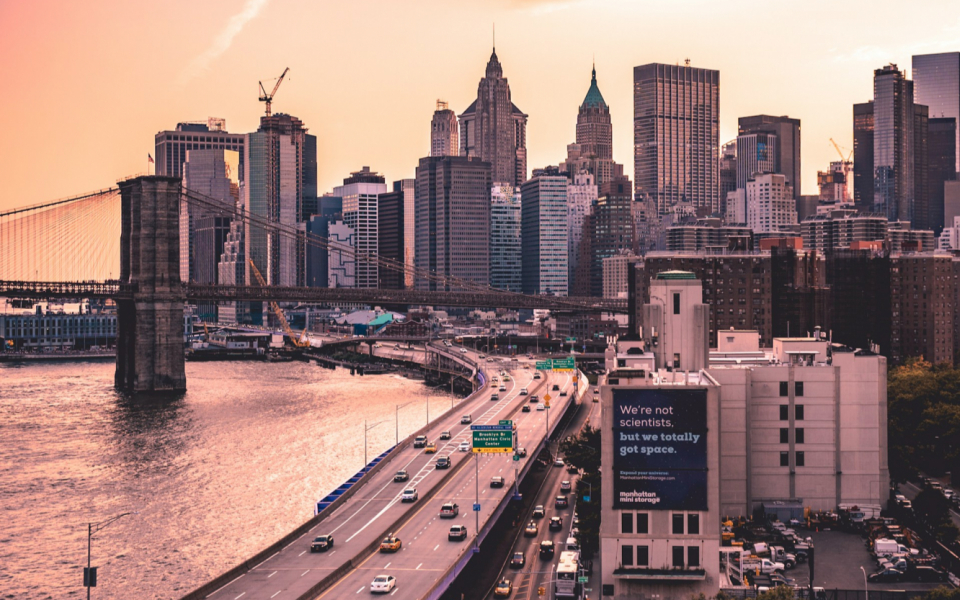New York City's controversial plan to charge $15 for congestion pricing to enter Manhattan has been stalled.
What Happened: New York Governor Kathy Hochul announced an indefinite pause on Wednesday.
"Let's be real: a $15 charge may not mean a lot to someone who has the means, but it can break the budget of a working- or middle-class household," Hochul said. "It puts the squeeze on the very people who make this City go: the teachers, first responders, small business workers, bodega owners. And given these financial pressures, I cannot add another burden to working- and middle-class New Yorkers - or create another obstacle to continued recovery."
The program was originally planned to begin on June 30th. It would impose a $15 daily fee on drivers (and truckers) entering Manhattan south of 60th Street. Hochul stated that the program, designed in part to curb the environmental effects of traffic congestion, had too many "unintended consequences."
Why it Matters: New York City is the largest city in the United States and the fourth largest city in the Americas. The city is notorious for its traffic gridlock.
The preferred method of transit for many New Yorkers is the subway - millions use the city's underground transit system every day. Proceeds from the pricing plan would have gone toward capital improvements to public transit.
The toll would have burdened commercial truck drivers operating in the tri-state area. Several groups, including the Trucking Association of New York (TANY), filed lawsuits to prevent the program.
"The goal of TANY in challenging the validity of the Tolling Program is the same as its members - to ensure that the trucking industry is not wrongfully targeted by a tolling scheme that seeks to place an unconstitutional burden on delivery trucks for the sake of generating revenue for buses, subways, and railroads, which the trucking industry cannot utilize," the lawsuit filed by TANY said.
The program would have also affected several other drivers, including commuters from New Jersey and Connecticut. Many of those drivers work on Wall Street.
Proponents of the toll argued that, although it may have been unpleasant for drivers, it would have been a net positive towards the City meeting several of its long-term goals.
"This program will reduce traffic in Manhattan's central business district, reduce pollution, and provide critical funding for transit improvements," said New York's Metro Transit Association following the initial announcement of the program.
Market Implications: The plan would affect rideshare apps operating in the city including Uber Technologies Inc
Some have speculated that the program would increase real estate prices in Manhattan's congested zone. Blackstone Inc















